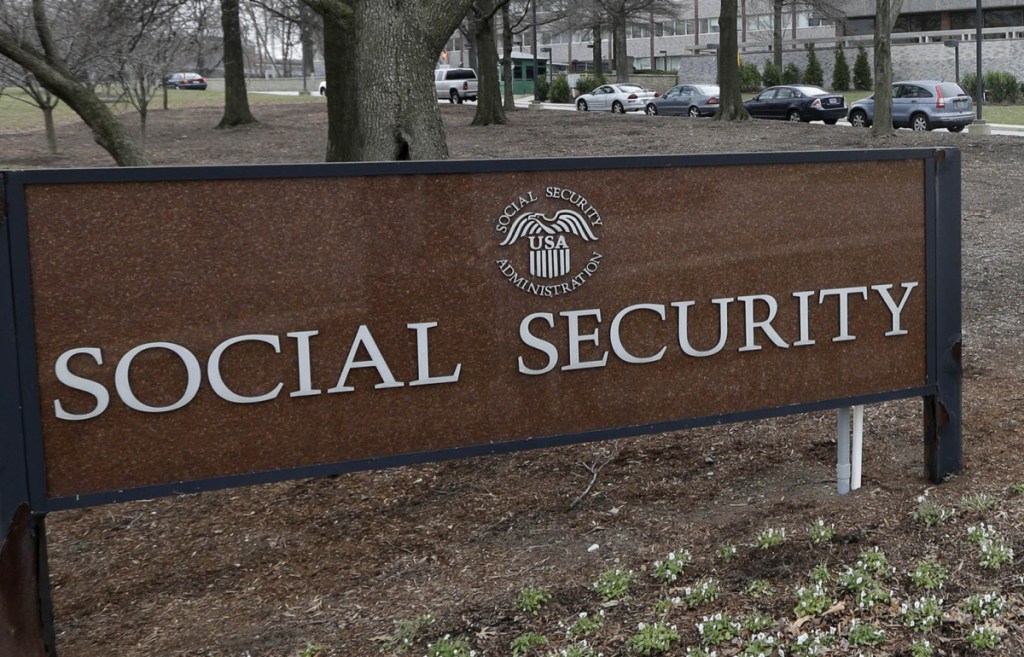WASHINGTON — Medicare will run out of money sooner than expected, and Social Security’s financial problems can’t be ignored either, the government said Tuesday in a sobering checkup on programs vital to the middle class.
The report from program trustees says Medicare will become insolvent in 2026 – three years earlier than previously forecast. Its giant trust fund for inpatient care won’t be able to fully cover projected medical bills starting at that point.
The report says Social Security will become insolvent in 2034 – no change from the projection last year. The warning serves as a reminder of major issues left to languish while Washington plunges deeper into partisan strife. Because of the deterioration in Medicare’s finances, officials said the Trump administration will be required by law to send Congress a plan next year to address the problems, after the president’s budget is submitted.
Treasury Secretary Steven Mnuchin said in a statement that there’s time to fix the problems. “The programs remain secure,” Mnuchin said. Medicare “is on track to meet its obligations to beneficiaries well into the next decade.”
“However, certain long-term issues persist,” the statement added. “Lack-luster economic growth in previous years, coupled with an aging population, has contributed to the projected shortages for both Social Security and Medicare.”
Social Security recipients are likely to see a cost of living increase of about 2.4 percent next year, said government number-crunchers who produced the report. At the same time, the monthly Medicare “Part B” premium for outpatient care paid by most beneficiaries is projected to rise by about $1.50, to $135.50.
Both the cost-of-living increase and the Medicare outpatient premium are not officially determined until later in the year, and the initial projections can change.
More than 62 million retirees, disabled workers, spouses and surviving children receive Social Security benefits. The average monthly payment is $1,294 for all beneficiaries. Medicare provides health insurance for about 60 million people, most of whom are age 65 or older.
Unless lawmakers act, both programs face the prospect of being unable to cover the full cost of promised benefits. With Social Security that could mean sharply reduced payments for retirees, many of whom are already on tight budgets. The report said the total annual cost of Social Security is projected to exceed total annual income in 2018 for the first time since the Reagan era, meaning the program will have to tap into reserves.
For Medicare, insolvency would mean that hospitals, nursing homes and other providers would be paid only part of their agreed-upon fees.
Send questions/comments to the editors.


